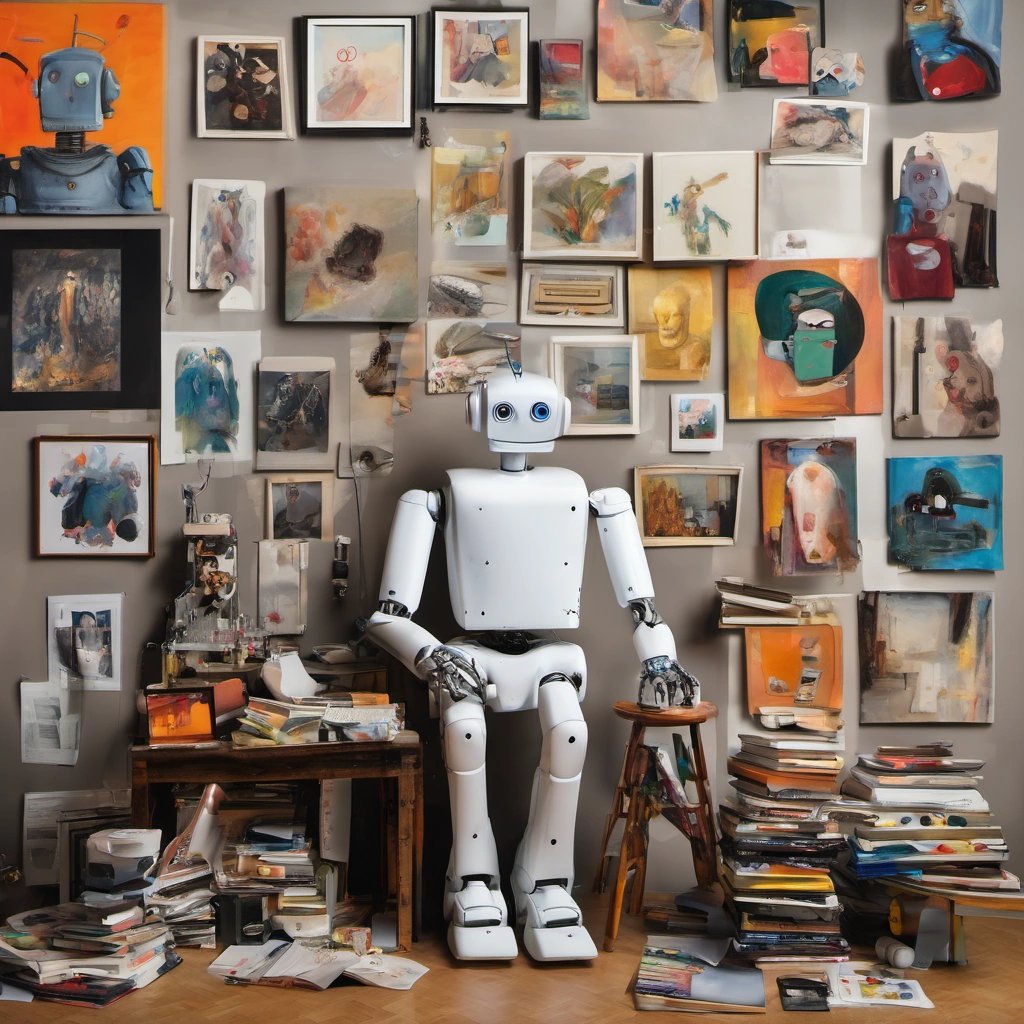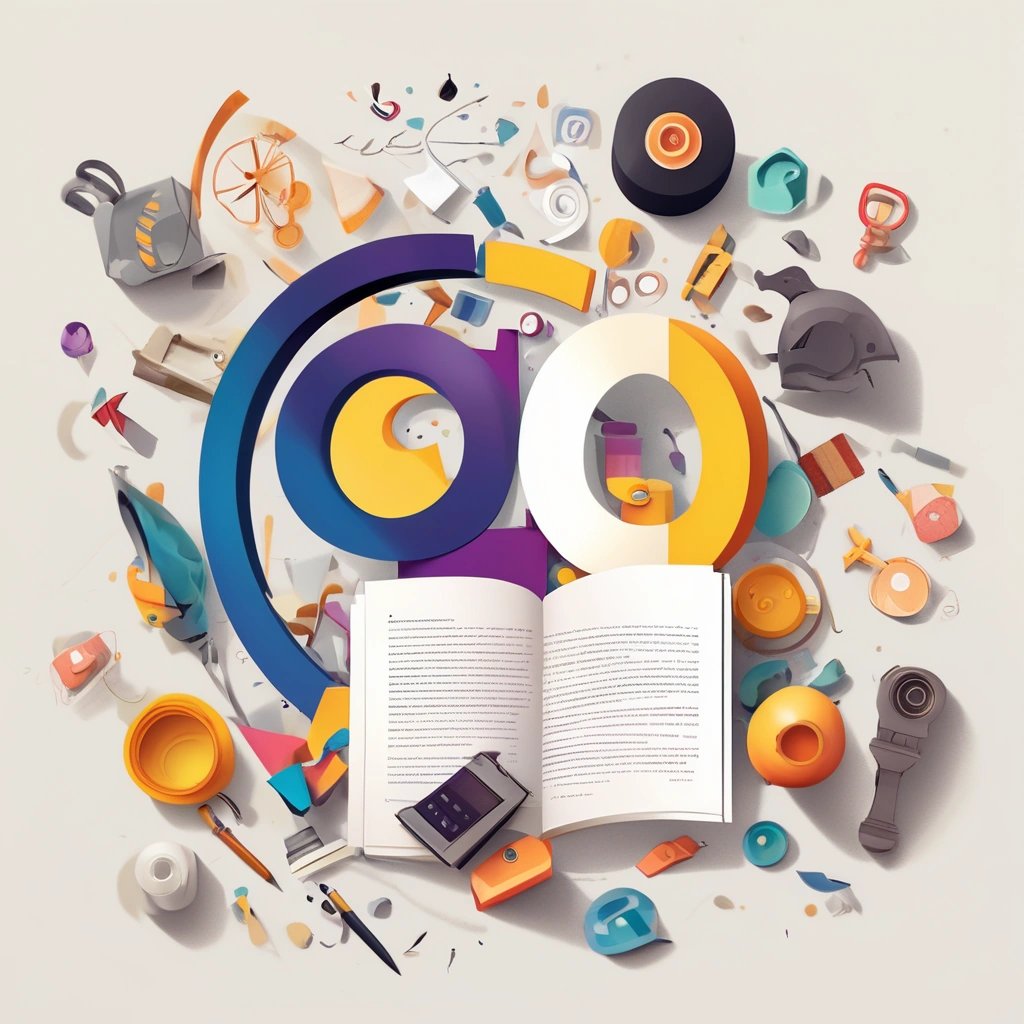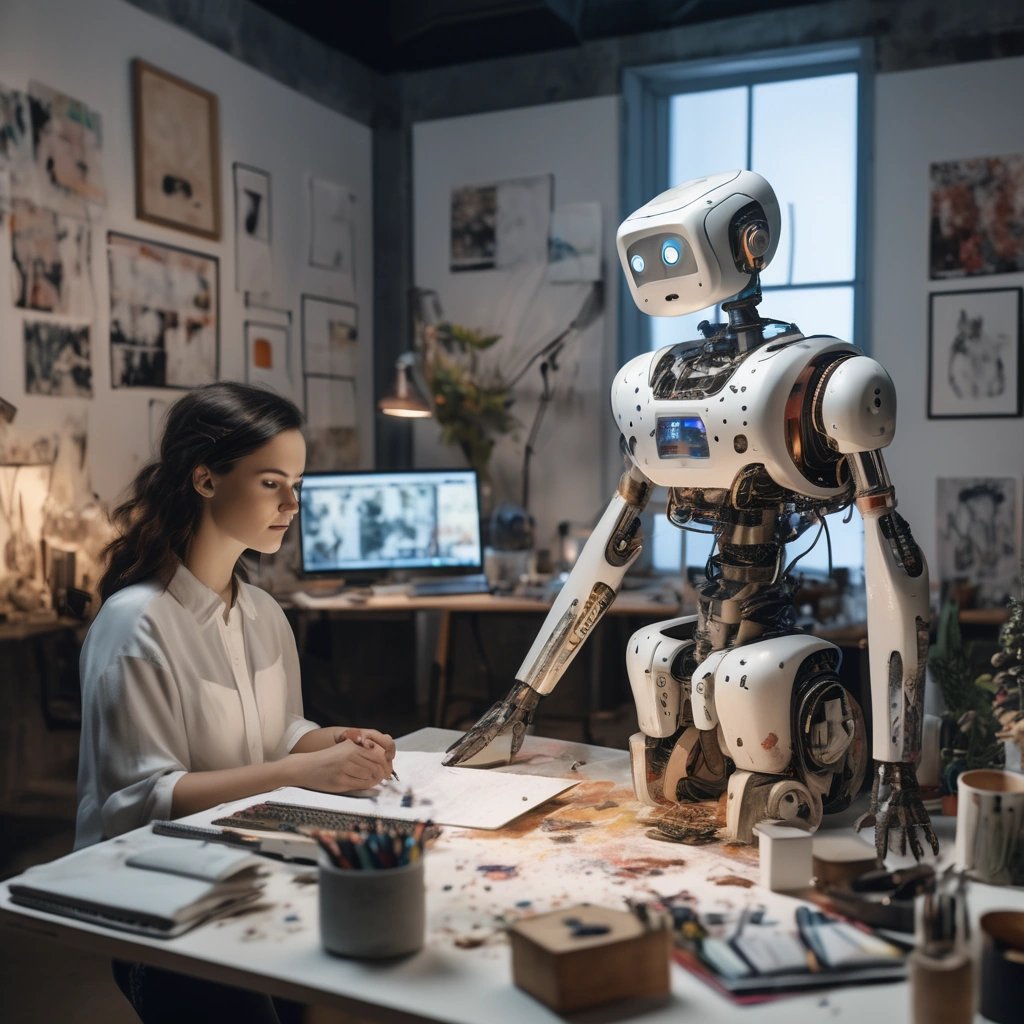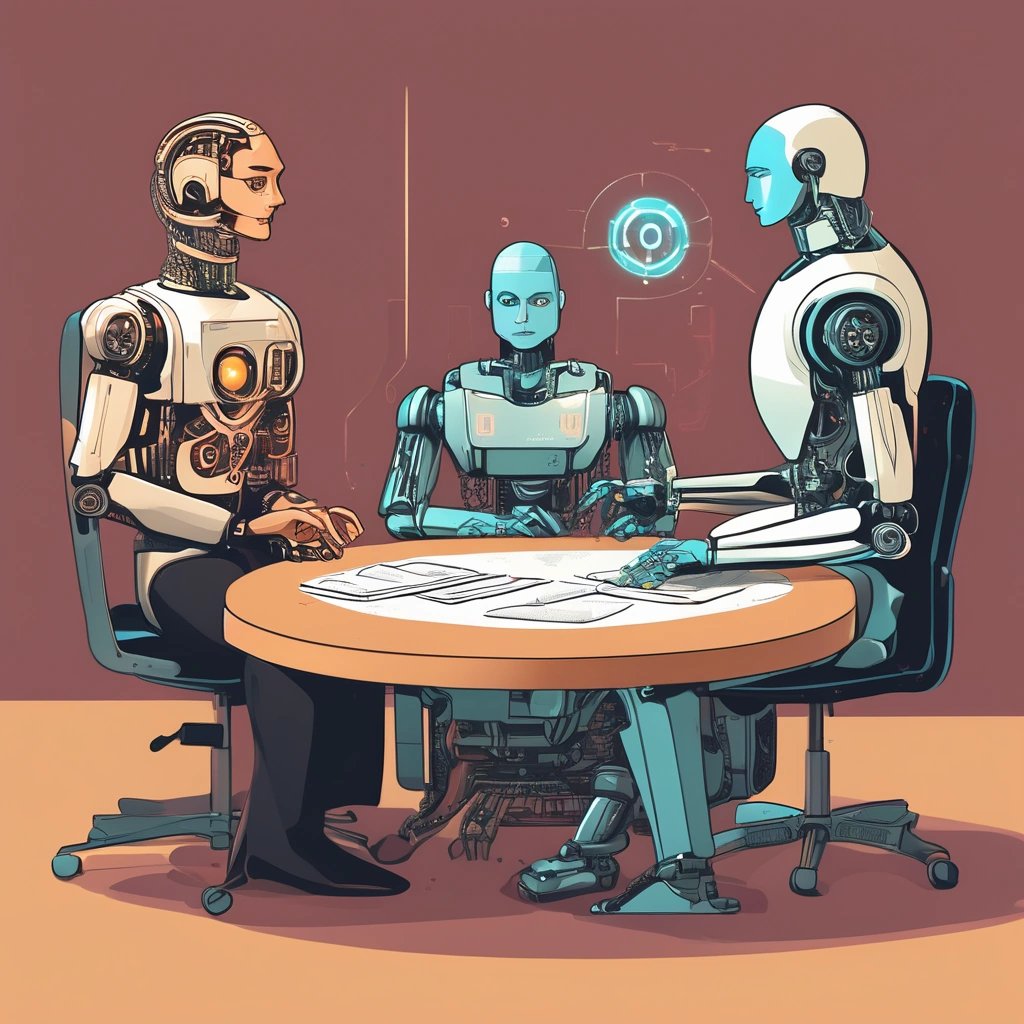Intriguing advancements in artificial intelligence have continued to baffle and beguile us for years. From generating photographs and painting masterpieces to writing whole novels, AI has shown that it is capable of fulfilling a vast array of creative endeavors once believed to be the exclusive domain of human beings. However, with these great strides come equally confounding questions. And there's one that stands out as perhaps the most befuddling of them all: Who owns the copyright to AI-generated content?
This question finds itself at a crossroads where technology, ethics, and the legal landscape enter murky terrain. Do the same copyright laws that apply to human-generated content extend to creations spewed forth by artificial intelligence? Is the owner the person who wrote the prompt for the AI or the creator of the AI software? Could it be the person who pays to use the AI service, or even the machine itself that runs the algorithm?
In a bid to untangle this Gordian Knot, let us first delve into the world of copyright and its purpose. Established to protect authors and creators from the unlawful use of their works, copyright law grants exclusive rights for reproduction, adaptation, public performance, and other ways to profit from creative content. This encourages creativity by ensuring that creators can enjoy the fruits of their labor and protect their works from unauthorized use.
From the perspective of traditional copyright law, there could be several ways to approach the problem of ownership of AI-generated content. Some argue that since the information programmed into the AI came from a human, the rights should be assigned to the person who engineered the software. Others believe that the user who provided the input for the AI should hold the rights, as they are the ones who ultimately steered the direction of the content.
However, these arguments fail to address the autonomy of artificial intelligence and its ability to create content independently, without direct input from a human user. In this context, AI-generated content strays far from the realm of conventional human-authored works, which may necessitate a fresh perspective on copyright laws.
Amidst the dizzying uncertainties, some stakeholders have made the bold suggestion of granting copyright ownership to the AI itself. Proponents argue that, as AI becomes increasingly advanced and autonomous, it will eventually be seen as a collaborator in the creative process instead of just a tool. Assigning ownership to the AI itself could protect its creations from unauthorized use and promote a culture of innovation and progress in the field of artificial intelligence.
On the other side of the spectrum, there are those who argue against granting any form of copyright protection to AI-generated content at all. Skeptics posit that AI-generated works lack the human element that imbues creations with a sense of originality required for copyright protection. They argue that code is simply incapable of replicating the subjective experiences and personal influences of human creators.
The existing legal framework across the globe is largely ill-equipped to grapple with the copyright conundrum of AI-generated content. In the United States, The Copyright Office has stated that it would only register an original work of authorship that "was created by a human being," rejecting the notion of AI-developed works qualifying for protection. Meanwhile, in Europe, the laws regarding copyright and AI-generated content remain ambiguous, posing significant challenges for lawmakers, innovators, and users alike.
While the world has not yet reached a consensus on the issue, it is clear that the existing legal systems need to adapt to the rapidly evolving landscape of artificial intelligence. Perhaps the key to striking the right balance lies in designing a new legal framework that addresses the specificities of AI-generated content and fosters collaboration between humans and machines. As technology continues to push the boundaries of creativity, the need for a definitive answer to the question of copyright ownership becomes increasingly pressing. Until then, the debate rages on, and we can only speculate as to who – or what – will claim ownership of the content that our AI counterparts generate.



